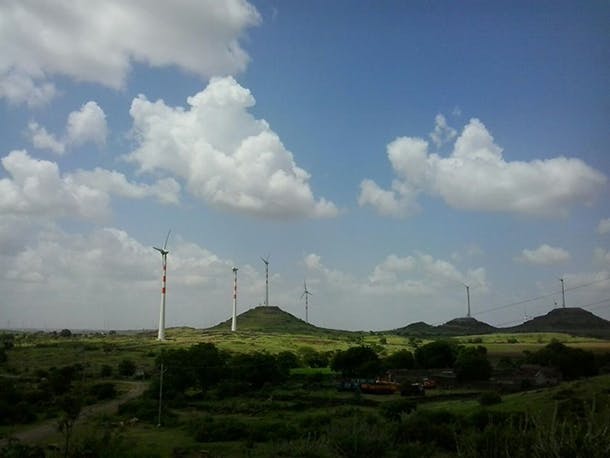
At the UN Foundation, we are committed to helping steer the world away from climate catastrophe. Every day, we collaborate with the United Nations, governments, businesses, and civil society to advocate for government policies, technological innovation, and financing at scale to prevent runaway climate change and improve the lives of the world’s poorest through deployment of climate solutions like renewable energy and energy efficiency technologies, including for those who don’t yet have access to electricity or clean cooking.
As part of our commitment to global action, we strive to minimize our own environmental footprint. The actions we have taken include providing a transit subsidy to employees to encourage them not to drive and creating workspaces that minimize environmental impact – the UN Foundation’s headquarters is certified at the Gold level under the U.S. Green Building Council’s Leadership in Energy and Environmental Design program. Additionally, the UN Foundation is committed to ensuring that our financial investments reflect our mission and core values. As such we are phasing out our financial investments in fossil fuel exploration and development.
We also offset the UN Foundation’s greenhouse gas emissions from staff travel and office heating and cooling by investing in projects that compensate for those emissions. We started this practice in 2005, retroactively offsetting our emissions since the Foundation’s inception in 1998, by purchasing carbon credits from a reforestation project in the Sierra Gorda mountains of Mexico that restores forests that had been clear-cut for farming and grazing.

We recently completed our calculations for the UN Foundation’s 2014-15 emissions and purchased credits from a UN-approved wind farm in the state of Maharashtra, India. The project, which boasts nine wind turbines, generates power for local residential and industrial use. In addition to providing clean energy to the community, the project employs local engineers for operation and maintenance of its turbines, pays a “village tax” to help improve local facilities and infrastructure, and helps to provide books and other school supplies for children in nearby villages.
Earlier this year, the UN Foundation formally committed to this offset policy by joining the UN Framework Convention on Climate Change’s Climate Neutral Now initiative. We hope our efforts will encourage others to join us in advancing global sustainability, for the health and well-being of future generations.



 View All Blog Posts
View All Blog Posts